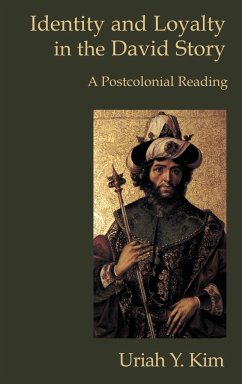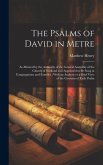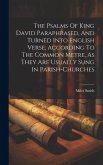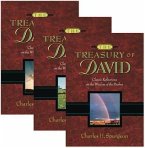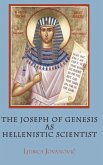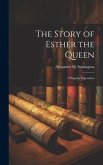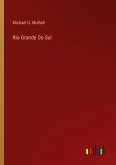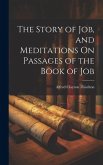In this volume, Uriah Kim examines King David in a new light - the politics of identity and loyalty. He reads the David story from the North American context, in which millions of Americans are compelled to make a choice between their multiple heritages, which are inseparably encoded in their genetic or cultural makeup. In making this choice, their loyalty to their nation and to their particular racial/ethnic community is questioned if they do not define themselves with a single identity. Kim sees a David who was radically inclusive: an egalitarian who was open to making connections with people across various boundaries and differences and who was thus able to build a multi-ethnic kingdom. Rather than basing his rule on his own tribal identity, David built his kingdom by attracting the loyalty of diverse constituents and by putting together an eclectic coalition of ethnic, tribal, and religious groups based on loyalty. It was only later, as part of the identity formation of ancient Israel, that people who were equally part of David's hybridized kingdom were separated into 'real' Israelites as opposed to 'the other' in the narrative. In this reading, Kim leads the reader to a new understanding of David: he did not just use Realpolitik and the sword, nor did he depend totally on God's providence to establish his kingdom; rather, he practised the transgressive power of hesed ('loyalty and kindness') to forge his kingdom.
Hinweis: Dieser Artikel kann nur an eine deutsche Lieferadresse ausgeliefert werden.
Hinweis: Dieser Artikel kann nur an eine deutsche Lieferadresse ausgeliefert werden.

